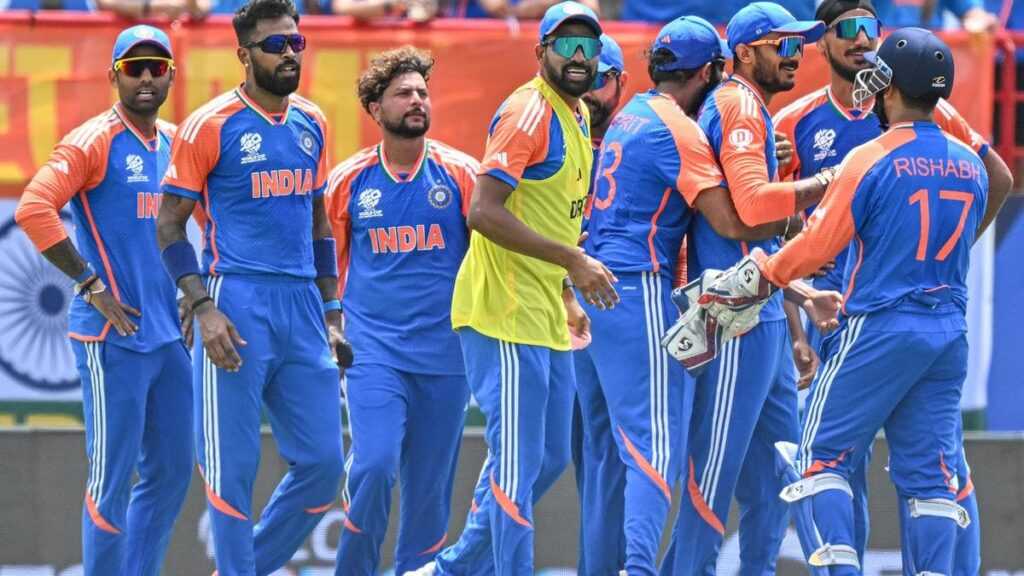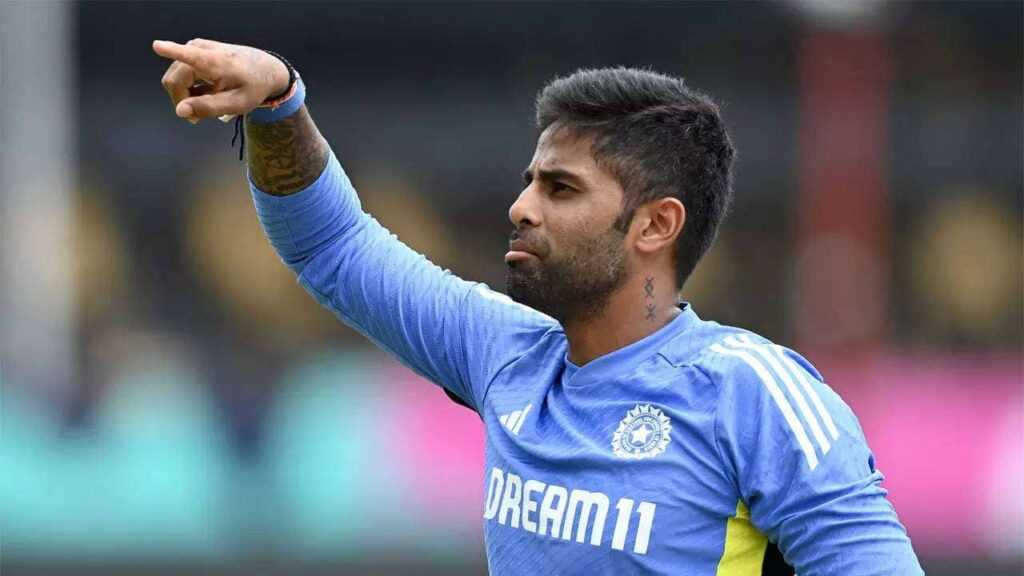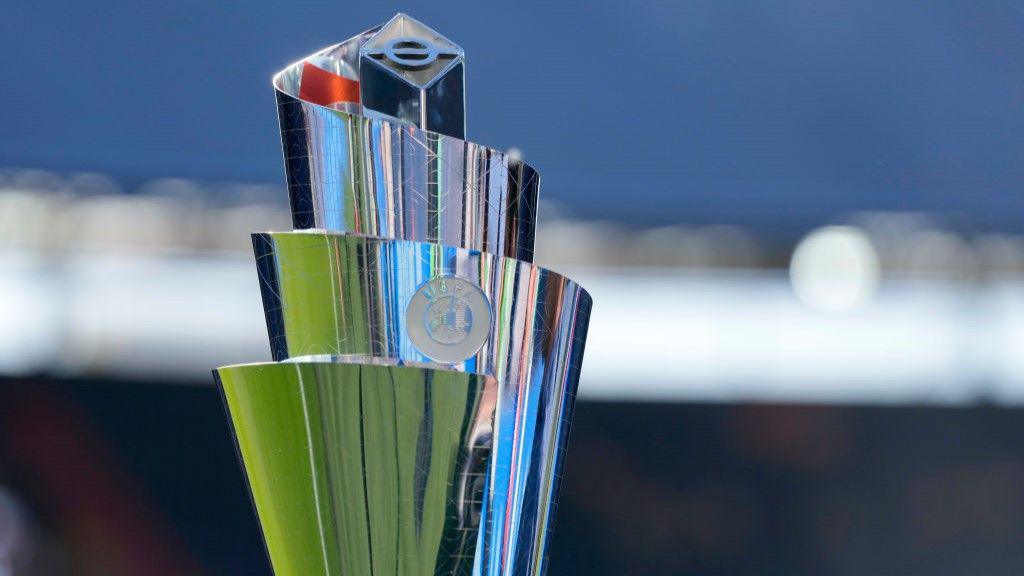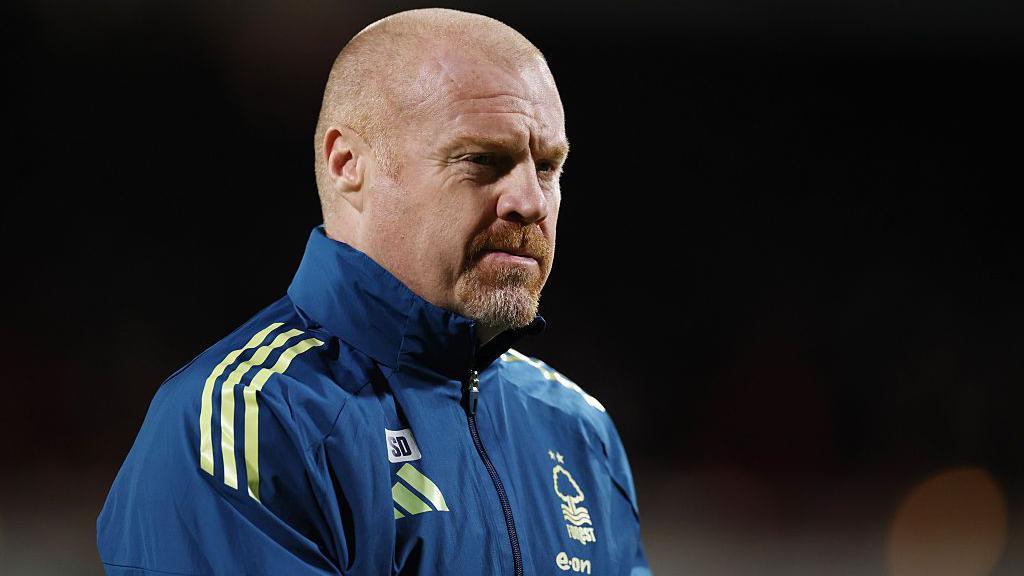
India’s white-ball cricket team is entering a new era under the leadership of Suryakumar Yadav. This transition comes at the start of a new World Cup cycle and as preparations begin for the next year’s Champions Trophy. The focus is on how key players will adapt to their new roles and the overall team dynamics.
Leadership and Squad Composition
Suryakumar Yadav, now captaining India’s T20I team, is seen as a fitting choice due to his calm demeanour and impressive track record. His journey from a controversial captaincy stint in domestic cricket to a mature and respected international player highlights his evolution. The new leadership is expected to guide India through their T20I World Cup defence and beyond.
Role of Key Players
Shubman Gill, as the vice-captain, along with Rishabh Pant and others, will fill the void left by the retired veterans Rohit Sharma and Virat Kohli. The middle order competition is intense, with KL Rahul, Shreyas Iyer, and Rishabh Pant vying for limited spots, especially in the ODI format leading up to the Champions Trophy.
The fast-bowling unit, led by Mohammed Siraj, is under scrutiny with a focus on workload management. Key players like Jasprit Bumrah and Mohammed Shami are being rested or are recovering from injuries, giving opportunities to emerging talents like Arshdeep Singh and Khaleel Ahmed.

Team Dynamics and Future Prospects
The selection committee’s decisions, influenced by new coach Gautam Gambhir, aim to balance experience with fresh talent. The team’s performance in the upcoming Sri Lanka tour will set the tone for their future campaigns, particularly in the T20 and ODI formats.
This new phase in Indian cricket is marked by strategic leadership changes, competitive player selections, and an emphasis on building a robust team for future international tournaments.





















